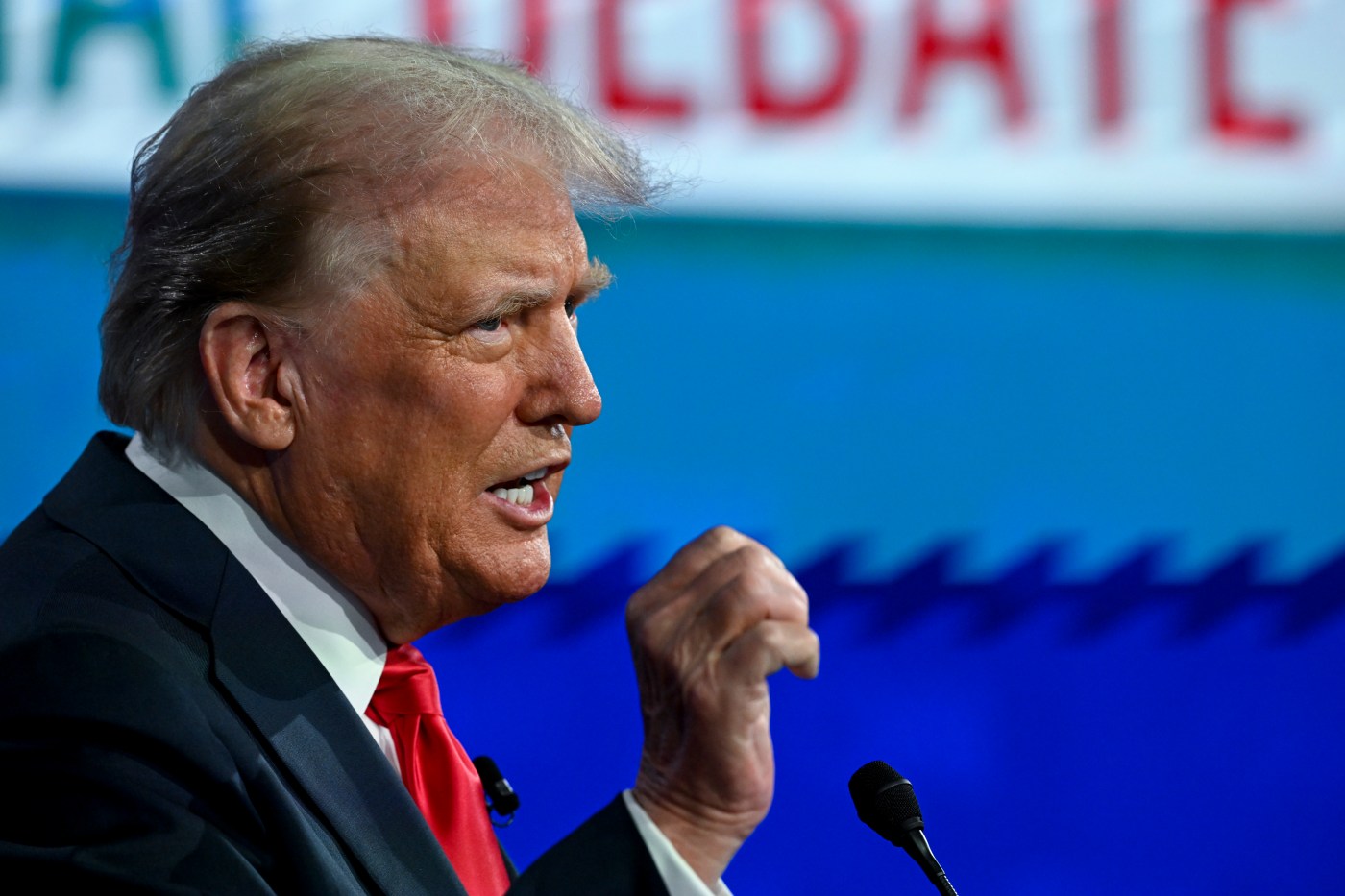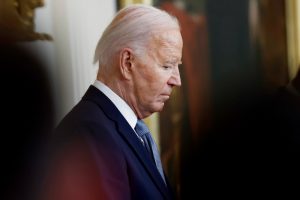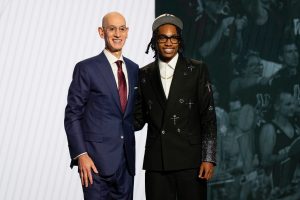
Stephen L. Carter: Trump might not wind up liking the Supreme Court’s immunity decision
Anyone who expected the Supreme Court to give clear guidance on the extent to which former President Donald Trump can be tried (and tried and tried) for the crimes of which he has been accused must surely be disappointed with the complexity of what the justices decided in Trump v. United States. The case was sent back to the lower courts for further proceedings.
But clarity shouldn’t have been expected, not least because there are, essentially, no precedents.
There’s much in Chief Justice John Roberts’s majority opinion to hearten the former president — part of the indictment brought by Special Counsel Jack Smith will be dismissed. But the prosecution, too, gets an important a piece of what it wanted.
And although the decision is being reported as a big win for Trump, I’m not sure that’s so.
To begin with, the court rightly rejected Trump’s absurd position that a former president can’t be prosecuted for his conduct in office unless he has been impeached and removed. The court also rightly rejected the absurd position of the special counsel that the president enjoys no immunity at all.
It’s obvious to everyone that a president cannot do the job if subject to the whims of any prosecutor who might decide to indict him after his term ends for a crime he supposedly committed in office; it’s equally obvious to everyone (well, almost everyone) that the same president, job to do or not, can’t be permitted to pull out a gun and shoot somebody for annoying him.
Between those two consensuses lies a gulf too vast to be crossed in a single court decision. Although Monday’s ruling doesn’t resolve the criminal case, the justices get points for trying.
A quick precis:
The president is absolutely immune from criminal punishment for “actions within his ‘conclusive and preclusive’ constitutional authority.” The majority gives as examples exercising the pardon power and (apparently) commanding the armed forces. Congress can’t criminalize “conduct within his exclusive sphere of constitutional authority,” writes the court. “Neither may the courts adjudicate a criminal prosecution that examines such Presidential actions.”
But most of what a president does will not fall within so clear and sharp a definition. The chief executive also undertakes what the majority labels “acts within the outer perimeter of his official responsibility” — a category, alas, for which the majority provides no clear examples. The court does tell us, however, why the criminalization of such conduct remains a cause of constitutional concern:
A president inclined to take one course of action based on the public interest may instead opt for another, apprehensive that criminal penalties may befall him upon his departure from office. And if a former president’s official acts are routinely subjected to scrutiny in criminal prosecutions, “the independence of the Executive Branch” may be significantly undermined.
For those acts, the president is entitled to a presumptive immunity — that is, he cannot be prosecuted under the Constitution unless the Government can show that applying a criminal prohibition to that act would pose no “dangers of intrusion on the authority and functions of the Executive Branch.”
Finally, there is no immunity for “unofficial” acts, although, as the chief justice ruefully concedes, “Distinguishing the President’s official actions from his unofficial ones can be difficult.”
And here’s the part that Trump will probably be happiest to read: Sometimes, “speaking to and on behalf of the American people” will qualify as an official action; and “in dividing official from unofficial conduct, courts may not inquire into the President’s motives.”
How does the special counsel’s indictment fare under this test?
First, supervising the Justice Department is part of the official duties of the president, so he may not be prosecuted for those conversations. Second, Trump’s pressure on Vice President Mike Pence to find a way to derail the counting of the electoral votes might fall within the outer perimeter of official conduct, so that the prosecution must show that investigating the conduct will not intrude upon the function of the executive branch.
The remaining charges — the events of Jan. 6 and the jawboning of other public and private officials to overturn election results — the court sent back to the lower courts to decide whether they were outside the president’s official duties.
This is where the majority bestows a major gift on the prosecutors: “There may, however, be contexts in which the President, notwithstanding the prominence of his position, speaks in an unofficial capacity — perhaps as a candidate for office or party leader.”
With that single line, Roberts neatly disposes of what might otherwise have been Trump’s strongest defense: that running for reelection is among the official duties of the president.
I doubt that the line was included without any thought to its implications. As Justice Sonia Sotomayor writes in a dissent joined by Justices Elena Kagan and Ketanji Brown Jackson, “(t)he indictment paints a stark portrait of a President desperate to stay in power.”
And although most presidential speeches will qualify for immunity, the prosecutor might plausibly argue that there is no threat to the workings of the presidency when the government investigates a fiery speech to an angry crowd two weeks before the loser in an election is set to leave office.
That’s why I’m not all sure that Trump is the big winner here. If staying in power isn’t an official duty — a point on which I take the entire court to agree — then the former president may yet be in trouble.
Stephen L. Carter is a Bloomberg Opinion columnist, a professor of law at Yale University and author of “Invisible: The Story of the Black Woman Lawyer Who Took Down America’s Most Powerful Mobster.”
Related Articles
Other voices: U.S. chip dreams will fade without more skilled immigrants
Noah Feldman: Supreme Court social media ruling is a free-speech landmark
Trudy Rubin: Zelenskyy lays out how Ukraine can win, if the West loses its fear of Putin
Other voices: As America sank into the couch, Joe Biden and Donald Trump combined for a depressing farce. Enough
Stephen L. Carter: If Trump wins, liberals might regret this social media ruling


